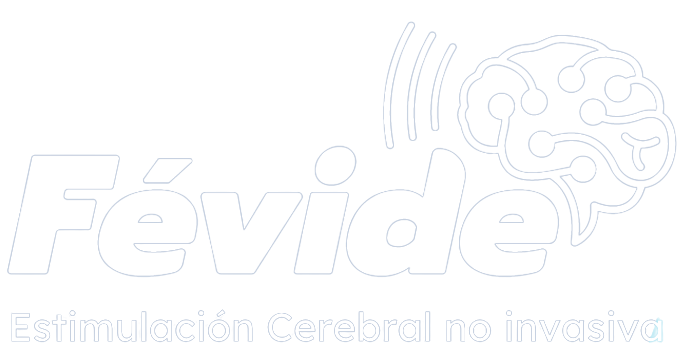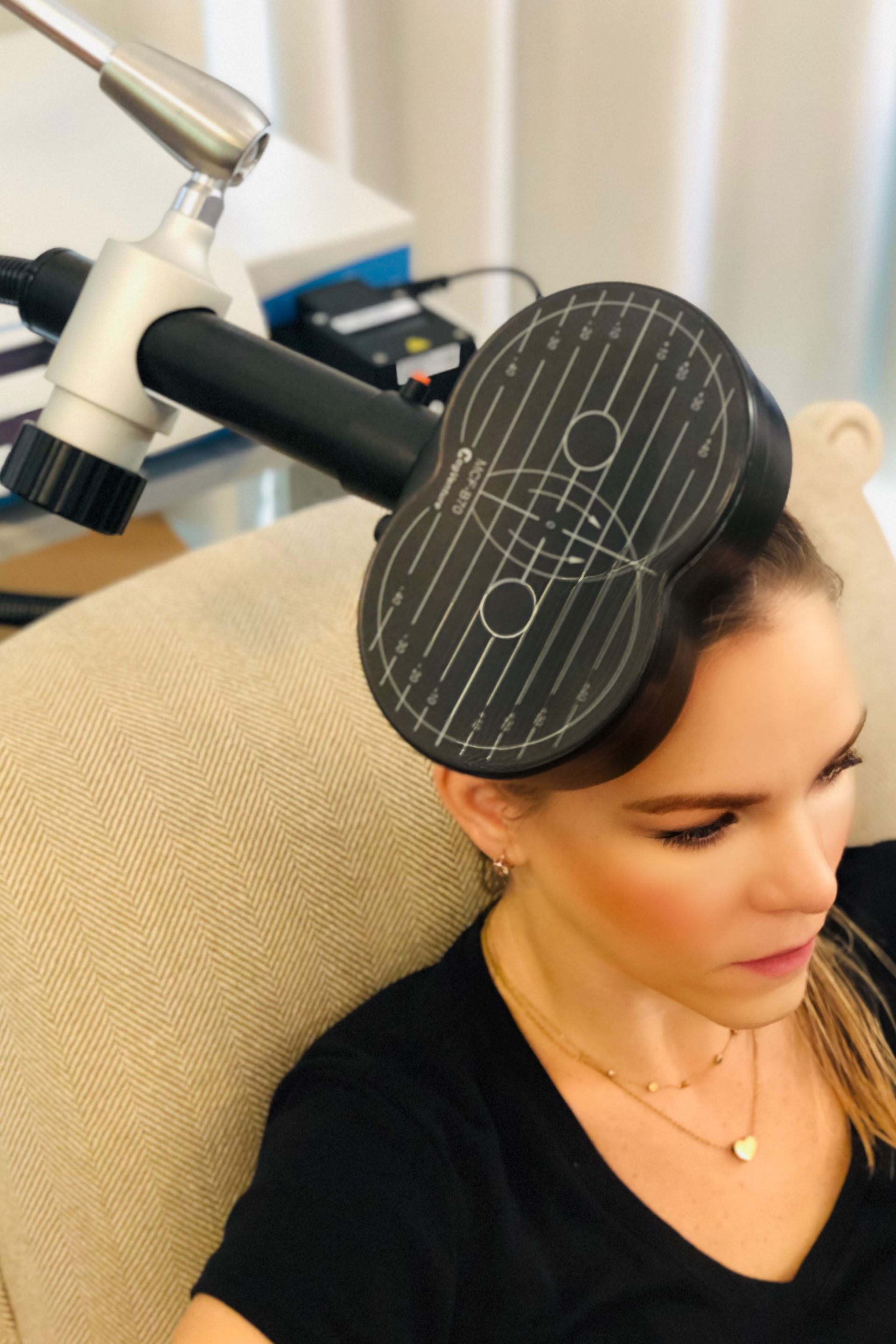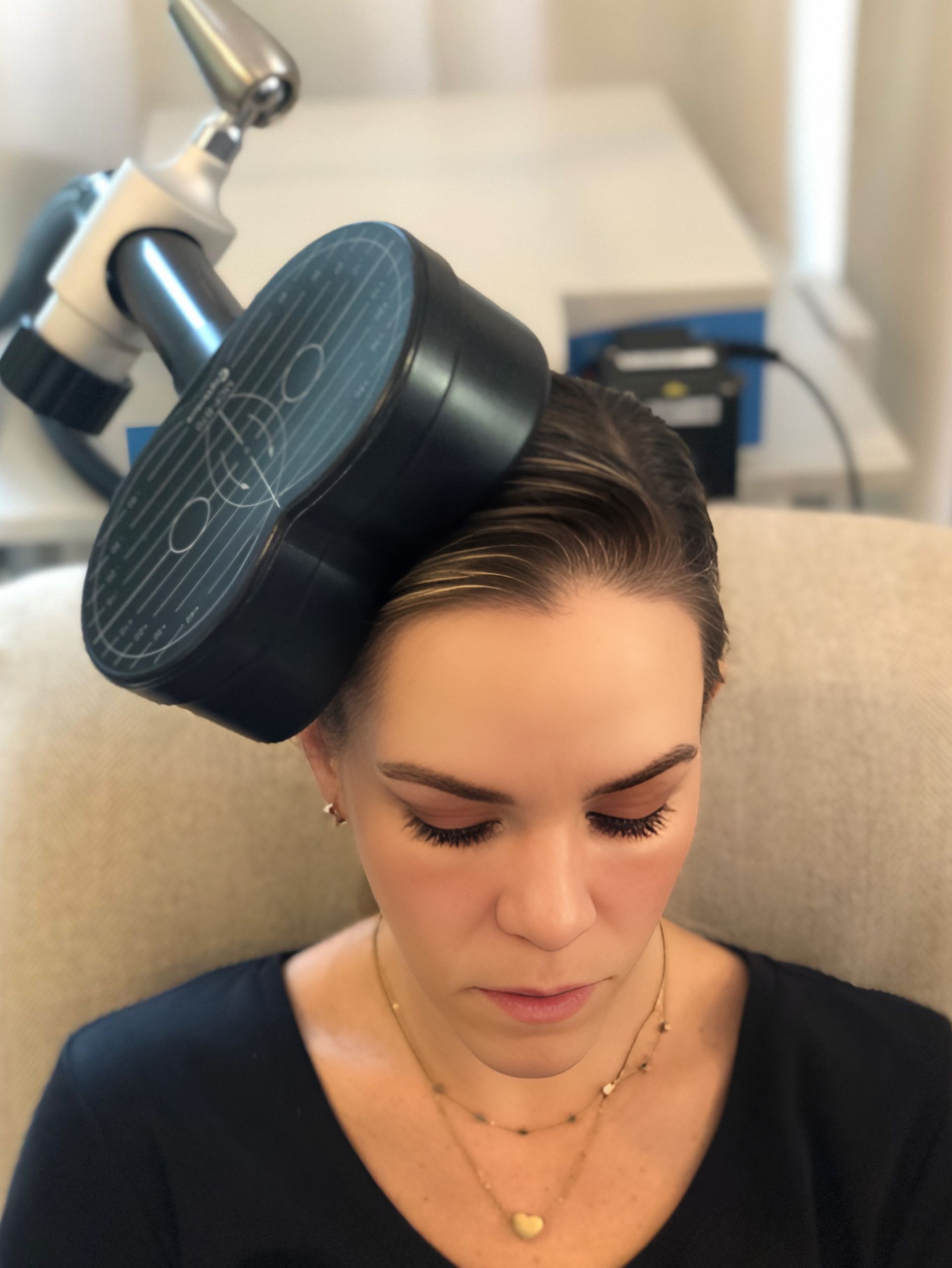Non-invasive brain stimulation.
Transcranial Magnetic Stimulation
Dr. Jorge Hevia Orozco
Services
The clinic specializes in providing non-invasive electromagnetic treatments as a last resort when psychiatric treatment with medication does not produce the expected results. In some cases, it can be implemented as monotherapy (without medication). The treatment is outpatient and can treat the following conditions, among others:
Treatment for depression
Treatment for anxiety
Treatment for schizophrenia
Parkinson Treatment
Alzheimer Treatment
Treatment for Insomnia

What is transcranial magnetic stimulation?
It is a non-invasive procedure that uses the principle of electromagnetic induction, which improves the activity of a brain region, resulting in an improvement in the behavior of a person with a clinical diagnosis.
How does it work in the brain?
A coil is placed over the patient's head, which emits magnetic pulses that modify the activity of the neurons located beneath the coil. Changes in brain functionality are carried out through a mechanism called Long-Term Potentiation.





